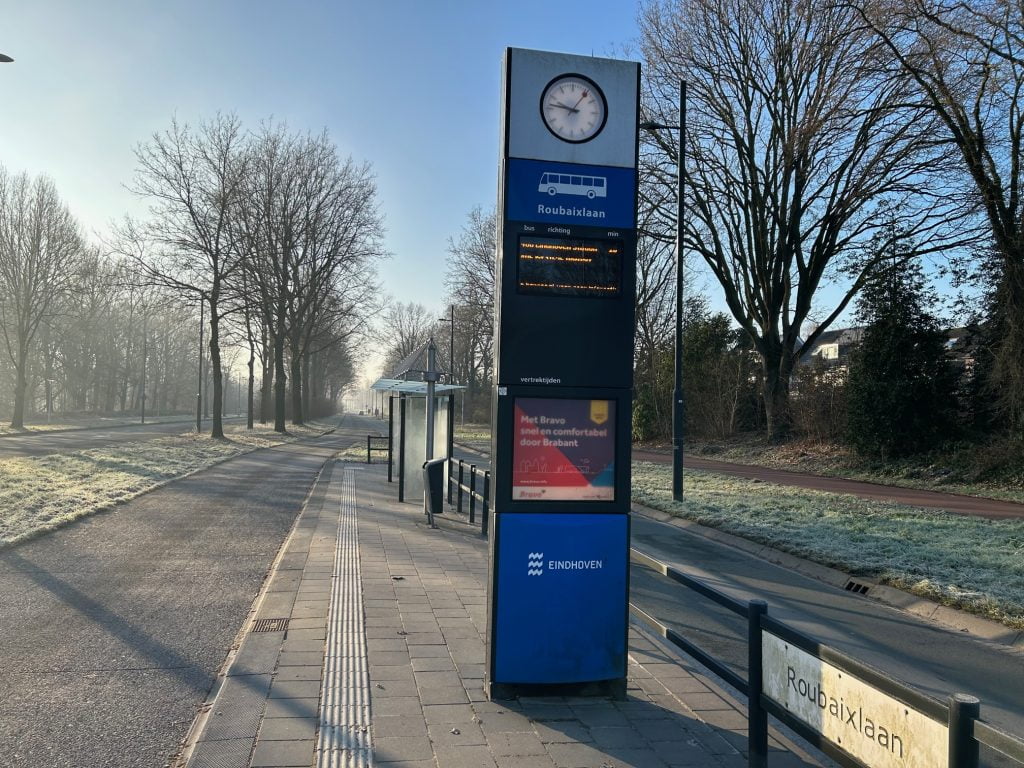For Hermes, the disruption is a new setback in an already difficult period.
A software malfunction in the check-in system of Hermes, the bus operator in South-East Brabant, has led to a significant loss of income. Since last Sunday morning, travelers have been able to use the bus services for free due to this problem, which costs the company between 150.000 and 200.000 euros daily. This incident sheds light on the vulnerabilities of digital systems in public transport and the financial impact such disruptions can have.
The problem arose according to it Eindhoven Daily on the night from Saturday to Sunday, during the transition to a new timetable for which the software had to be adjusted. According to a Hermes spokesperson, something went wrong during this process, causing the check-in and check-out system on most buses to become inoperative. This has meant that 70.000 to 90.000 travelers can travel free of charge every day in the Southeast Brabant region.
Hermes, which provides bus transport throughout the region, is experiencing significant financial damage as a result of this disruption. Normally the cost of a bus ride averages about 2 euros per traveler. However, due to the disruption, these costs cannot be charged. The company spokesperson emphasizes the seriousness of the situation: “Very annoying and also a financial blow for us. We cannot recover the money from travelers afterwards, so we hope to have it resolved as quickly as possible.”

The impact of the outage on Hermes is a clear example of how technological problems can have major financial consequences for companies in the transport sector. It also illustrates the dependence of modern transport services on digital systems. At a time when technology is increasingly integrated into all aspects of daily life, including public transport, such disruptions are not only an operational challenge, but also a financial one.
This situation raises questions about the preparation and management of technological systems by public transport companies. It emphasizes the importance of robust and reliable systems, as well as effective contingency plans for such disruptions. It is now important for Hermes to solve the problem as quickly as possible and take measures to prevent such incidents in the future.
To date, Hermes has not provided a specific timeline for when the system will be operational again. This leaves travelers and the company uncertain as to how long this situation will last and how big the eventual financial impact will be. The incident underlines the need for public transport operators to invest in reliable technology and adequate training for staff, to ensure continuity of service and minimize financial losses.




